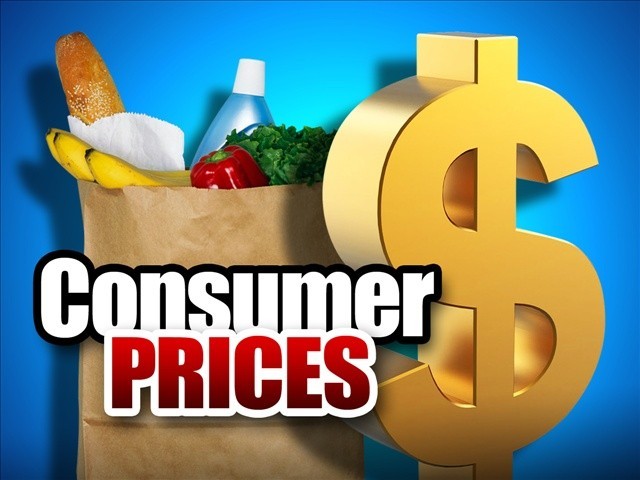WASHINGTON (AP) -- U.S. consumer prices stayed flat in November, held down by falling gas prices. Inflation remains low across the broader economy, giving the Federal Reserve latitude to continue its extraordinary stimulus program.
The consumer price index was unchanged last month, after dropping 0.1 percent in October, the Labor Department said Tuesday.
Gas prices declined 1.6 percent in November to keep overall prices down. Over the past 12 months, consumer prices have risen just 1.2 percent. That's well below the Fed's 2 percent inflation target.
Excluding volatile energy and food costs, core prices rose 0.2 percent in November from October and just 1.7 percent over the past 12 months.
High unemployment and small wage increases have kept consumers from ramping up spending, making it difficult for businesses to raise prices since the Great Recession ended.
Low inflation also gives Fed members more reason to hold off scaling back its buying $85 billion a month in bond purchases for a few more months. The Fed's final two-day policy meeting starts Tuesday and many economists expect the Fed to keep the purchases at that level.
"Indeed, inflation is still a distance from the Fed's 2 percent target and this is one report that would give the Fed reason to go easy on tapering," said Jennifer Lee, senior economist at BMO Capital Markets.
Cheaper gasoline costs in recent months have kept inflation extremely weak. Gas prices nationwide are averaging just $3.23 a gallon, according to AAA's Daily Fuel Gauge Report.
The November decline in energy costs was offset by higher prices for home rentals, hotels, airfare, and restaurant meals. Grocery prices edged up 0.1 percent last month, led by higher prices for bread, hot dogs, soup and milk.
Prices for new vehicles and clothing fell. But in a sign of potentially changing fashion styles, the price of women's dresses increased 5.7 percent during the past 12 months as the cost of women's suits dropped.
For roughly a year, the Fed has been buying Treasury and mortgage bonds to keep long-term interest rates low and encourage more borrowing and spending. The Fed has also kept its key short-term interest rate near zero since late 2008.
Critics of the bond-buying program fear it will spark higher inflation in the future.
But the inflation has yet to materialize. Moreover, a number of Fed officials say the program is needed because inflation has been too low.
A small amount of inflation can be good for the economy, because it encourages consumers and businesses to spend and invest before prices rise further. But if prices don't increase at all, consumers might pull back their spending on the expectation that goods will be cheaper in the future.
Thursday
April 18th, 2024
1:10PM









